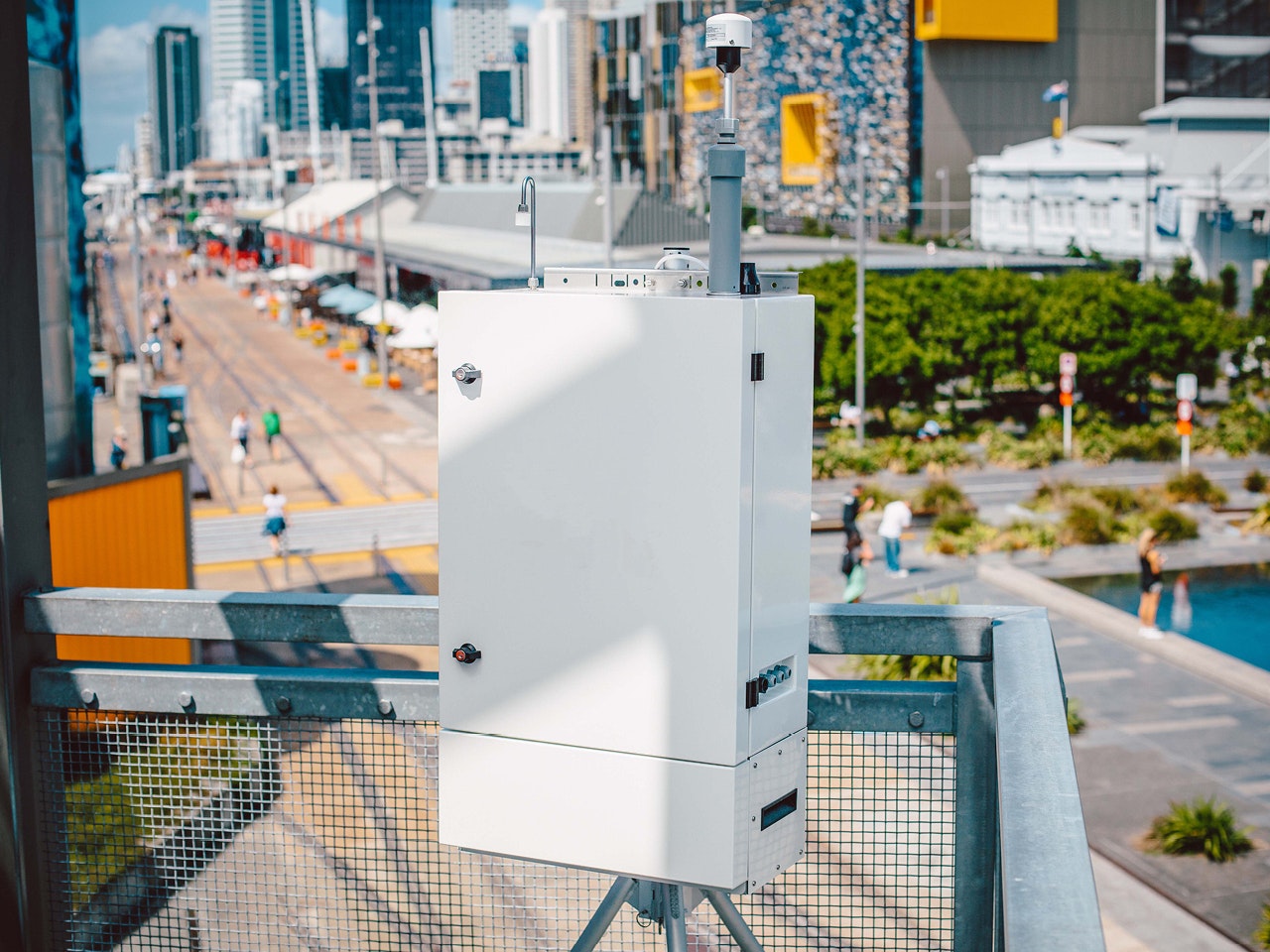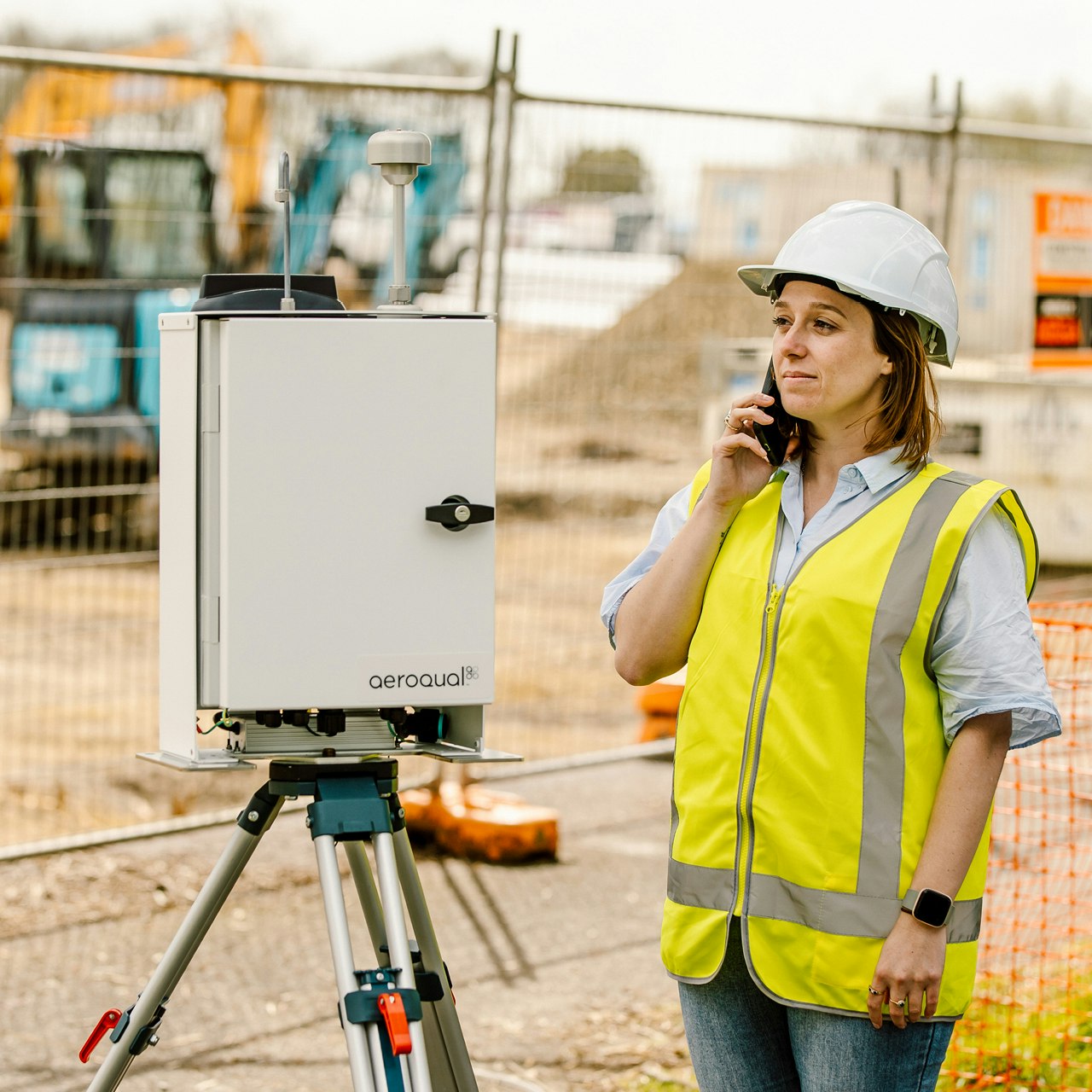Case Study
Argentina's National Energy Company Uses Wireless Air Quality Monitoring to Build Community Trust
Air quality monitor network for Argentina’s largest oil refinery.
Project Details
Project
Yacimientos Petrolíferos Fiscales (YPF)
Location
Argentina
Date
2013
Services
6 x AQM60 air quality monitoring stations
Measurements
PM10, VOCs, SO2, H2S, CO, ozone, wind speed & direction
Sector
Occupational Health and Safety
Air quality monitor network for Argentina’s largest oil refinery
Yacimientos Petrolíferos Fiscales (YPF) is the national energy company of Argentina. The largest four refineries that they run are located in a province of Buenos Aires close to neighbouring populations. They were looking for an air quality monitoring instrument capable of measuring target pollutants to a low level in ambient air. The AQM 60 air quality monitoring station met their requirements and 6 stations were installed along the refinery perimeter. Using wireless communications the instruments were linked allowing the data to be validated and analysed at a central point.
The customer
Yacimientos Petrolíferos Fiscales (YPF) is the national energy company of Argentina. Founded in 1922 as a state-owned oil company YPF is engaged in the exploration and production of oil and gas, and the transportation, refining, and marketing of gas and petroleum products.
The largest of four refineries run by YPF is located in Ensenada near the Rio de la Plata which is in the province of Buenos Aires. Actually the refinery is surrounded on three sides by towns – Ensenada to the west, Barisso to the east and La Plata to the south.
Because the refinery is so close to the neighbouring populations, YPF is required to monitor and report on emissions. Argentine environmental regulations stipulate the measurement of common pollutants along the fenceline of the refinery.
The problem
Previously YPF had installed air quality monitoring equipment from a local manufacturer however the equipment, which used electrochemical sensors, was unable to measure target pollutants to a sufficiently low level in ambient air.
This setback cost YPF both time and money. They began a search for an effective replacement, but their budget did not allow for the installation of expensive reference-type monitoring equipment based on analysers.
At the same time the local community was left without the means to understand the impact of the refinery on local air quality. Community pressure on local government grew, demanding a solution to the problem.
YPF made inquiries among local suppliers which eventually led them to Aeroqual’s partner in the region, Service Instrument S.A.
The solution
Service Instrument proposed Aeroqual’s AQM60 compact air quality monitoring station linked by wireless communications to a centralised server with EnviDAS Lite software for data validation and analysis.
The six AQM60 stations were installed at the end of August 2012 at various locations on the refinery perimeter.
The size of a large suitcase, each station is equipped with modules for measuring ozone, carbon monoxide, nitrogen dioxide, sulphur dioxide, hydrogen sulphide, and volatile organic compounds (VOCs) as well as particulate matter (PM10), and wind speed and direction.
The stations required no groundwork preparations, mounting directly to poles or walls, a feature that greatly sped up the deployment of the monitoring system.
By utilising wireless communications the stations deliver real-time air quality data to a publically-available website. Having access to the air quality data has helped to calm the concerns of the local community.
In addition the stations can send alerts whenever gas or particulate levels reach predetermined ‘trigger’ values set by YPF operators. In case the operators are not working or are off site at the time, the system sends SMS/text messages direct to their mobile phones.
Related products
Evaluation
The equipment was easy to install with clear instructions provided in the User Guide as well as through training videos. The units are powered by mains power and the electrical connection was very simple.
Getting the communications set up has been one of YPF’s biggest challenges. It has been helpful that the drivers for the AQM60 are available within the EnviDAS library.
Throughout they have been extremely satisfied with the support provided by Service Instrument and by Aeroqual.
Want to learn more?
If you’d like to know more about this case study, or to discuss your air monitoring requirements, please get in touch.












